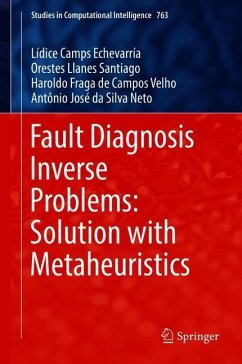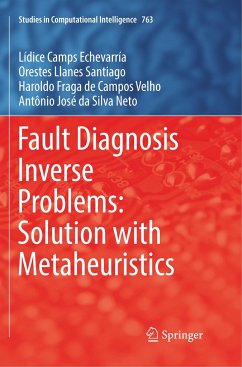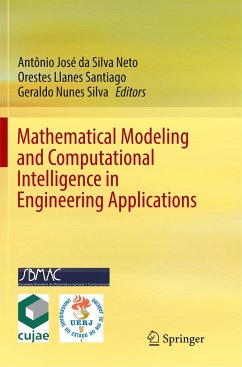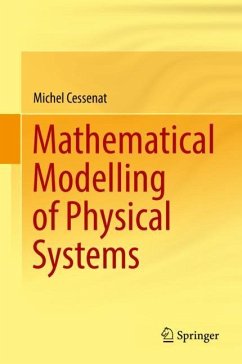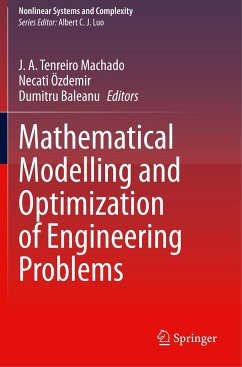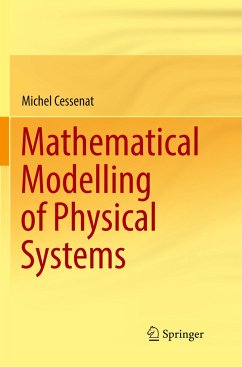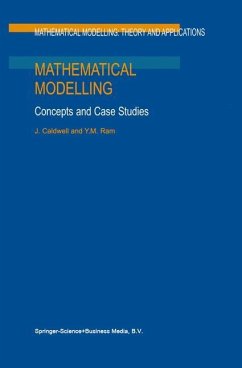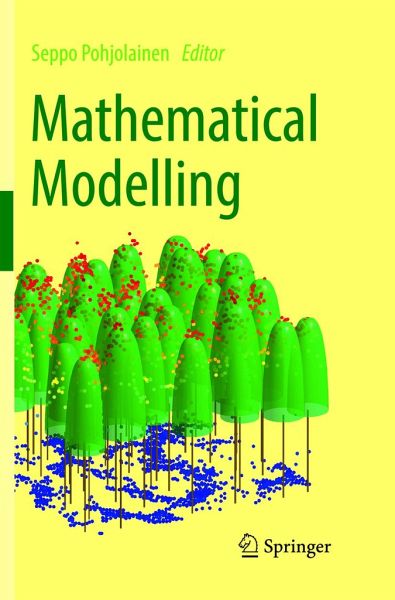
Mathematical Modelling
Versandkostenfrei!
Versandfertig in 6-10 Tagen
46,99 €
inkl. MwSt.
Weitere Ausgaben:

PAYBACK Punkte
23 °P sammeln!
This book provides a thorough introduction to the challenge of applying mathematics in real-world scenarios. Modelling tasks rarely involve well-defined categories, and they often require multidisciplinary input from mathematics, physics, computer sciences, or engineering. In keeping with this spirit of modelling, the book includes a wealth of cross-references between the chapters and frequently points to the real-world context.The book combines classical approaches to modelling with novel areas such as soft computing methods, inverse problems, and model uncertainty. Attention is also paid to ...
This book provides a thorough introduction to the challenge of applying mathematics in real-world scenarios. Modelling tasks rarely involve well-defined categories, and they often require multidisciplinary input from mathematics, physics, computer sciences, or engineering. In keeping with this spirit of modelling, the book includes a wealth of cross-references between the chapters and frequently points to the real-world context.
The book combines classical approaches to modelling with novel areas such as soft computing methods, inverse problems, and model uncertainty. Attention is also paid to the interaction between models, data and the use of mathematical software. The reader will find a broad selection of theoretical tools for practicing industrial mathematics, including the analysis of continuum models, probabilistic and discrete phenomena, and asymptotic and sensitivity analysis.
The book combines classical approaches to modelling with novel areas such as soft computing methods, inverse problems, and model uncertainty. Attention is also paid to the interaction between models, data and the use of mathematical software. The reader will find a broad selection of theoretical tools for practicing industrial mathematics, including the analysis of continuum models, probabilistic and discrete phenomena, and asymptotic and sensitivity analysis.






